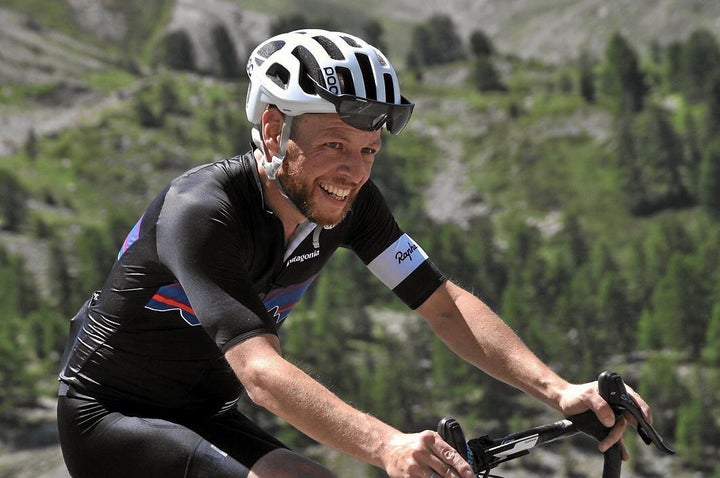Heading out the door? Read this article on the new Outside+ app available now on iOS devices for members! Download the app.
As a father, Cem Tanyeri finds it hard to explain to his eight-year-old daughter why world champion Anna van der Breggen only won a pittance of the prize money that her male counterpart did for winning the same bike race.
And although he is not a professional cyclist or a race organizer or part of a governing body of the sport, the 41-year old Dutchman decided to take action on the level where he could. Because of it, the top five finishers at the women’s Strade Bianche on Saturday will earn more than they ever have at the Italian race.

On Monday, after last weekend’s Omloop Het Nieuwsblad, Tanyeri set up the “Equal prize money for the women’s peloton” account on GoFundMe to raise money for the women’s Strade Bianche prize purse; as of Thursday morning, people had donated close to €11,000.
Although the publicity surrounding the disparity around prize money at Omloop Het Nieuwsblad was the trigger for Tanyeri’s action, it was merely stirring up a long-simmering frustration that he has with the sport.
“The discussion over prize money is a returning conversation for so many years,” he told VeloNews. “This year, maybe it’s because we’re stuck at home, we feel this need to express ourselves more. A culmination of things — more time to think about life, and then you see this coming across. I work at a company where speaking is one thing but if you want to get something done you have to do something about it.”
Tanyeri works in business and marketing for Patagonia; I laugh and tell him Yvon [Chouinard, founder of the company] would be proud.
“Yes, but he’d also probably grumble about all the petrol the sport consumes,” Tanyeri said.
When asked whether or not he agrees with the notion that prize money pales in comparison with the importance of increased television coverage of women’s racing, Tanyeri says the two are not mutually exclusive.
“It’s 2021, and still we’re in this mindset of seeing women as lesser competitors or a lesser part of society when it comes to these topics and therefore it’s easier to hide behind economic reasons not to award equal prize money,” he says. “These are the bigger systemic conversations we need to have. Are we really doing all that can be done about these subjects?”
Although Tanyeri is used to hearing the arguments that inequality in prize money is not the biggest issue facing women’s cycling, he’s also been surprised by who is not speaking up at all.
“I’ve noticed a complete lack of support from male pros,” he said “Many pro riders have a girlfriend or partner who is also a pro. I don’t know how I’d feel if I was Tao and my girlfriend was Hannah Barnes and she gets just enough after finishing fifth to buy a bidon and a sticker afterward. It’s the lack of raising support and voice in this matter. It’s 2021, it’s time to stick your neck out there.”
On Thursday evening, Tanyeri will have a call with representatives at The Cyclists’ Alliance (TCA), the advocacy group for professional female cyclists. The group has agreed to help disperse the funds that are raised to the top five finishers at Saturday’s Strade Bianche.
Tanyeri says that the conversation with TCA will not only be about getting the money to the riders but also how to seize upon the momentum that the armchair activism has inspired.
“It’s a shame that we need to do it as fans, but on the other hand we’re just going to prove the monetary value of this sport,” he said. “The financial contribution by fans shows that there should be more willingness to show these races, to equalize prize money, but also to have more people in the right places who can make these changes, structural changes that can break this very traditional fortress that is called pro cycling.”